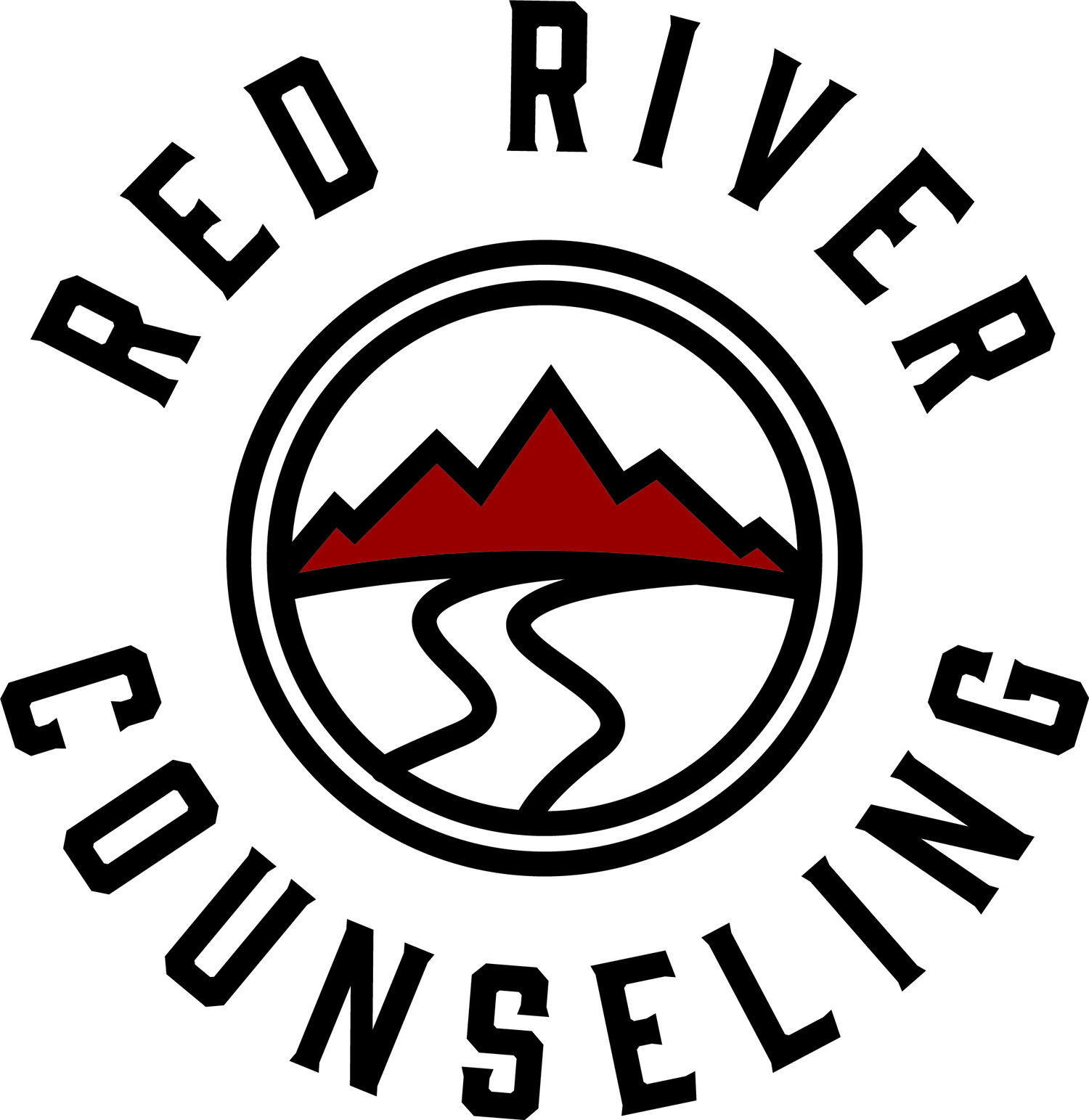Counseling Tools for Addiction Recovery
Choosing a Sponsor
Choosing a sponsor is a little more complex than choosing a counselor, mainly because sponsors don’t advertise their experience, training and values on-line. It is also thorny because I am sure most members of 12-step groups would add to, take away from, agree and disagree with the finer points of what I’m about to say. So, I’m electing to go with the time-tested advice of my sponsor, a man 25+ years sober who was a consistent contributor to the life and health of my homegroup.
On another note, if you find that you are not pursuing recovery through a 12-step group, the wording may be different but you will also want a healthy ‘sponsor’. What I mean is that you will need someone who has been in your shoes and walked through to the other side, and is in the consistent practice of staying healthy and sober. Whatever you may call them, the following guidelines would be suitable inside and outside of a 12-step group.
Their Sobriety – Although AA was started by a recent drunk helping even more recent drunks stay sober, it is wise to look for someone with at least one year of sobriety, but preferably 3 years of living a truly sober life. Another way to look at it is are they living the kind of life that you’d like to have?
Their Consistency – The initial span of getting sober takes a lot of time and diligent work, which means you will need a sponsor who is consistently present and available. This does not mean they are at your every beck and call, but it does mean that they attend meetings regularly, show up on time, take part in the life of the fellowship, and are willing to meet as often as possible to help you as you work the steps.
Their Boundaries – You need someone who knows how to say ‘no’ when appropriate. They need to be able to stay within the boundaries of knowing their role, rather than trying to be your therapist, clergy member, sexual partner and/or political advisor. How are their relationships with other members, are they well respected? Do they currently have too many sponsee’s? How are their current relationships with their own family members?
Their Practice – Do they practice what they preach? There are many self-proclaimed ‘gurus’ in 12-step groups who tend to know all the right answers and avoid all the best practices. You need a sponsor who is currently being sponsored and who has worked the steps (more than once if they have decades of sobriety).
Their Story – Finally, can you connect with their story? It is helpful, though not essential, if you have similar experiences and situations. For me, this meant sitting in the rooms of a 12-step meeting for a couple of weeks and paying attention to those I felt the most connection.
Once you find someone who seems to fit within these general parameters, preferably within the first couple of weeks of attending meetings, ask if you could speak with them. In a sense, you get the opportunity to interview them and find out if they are willing and able to be your sponsor. If so, ask them if they would. Then trust them, they’ll take it from there.

